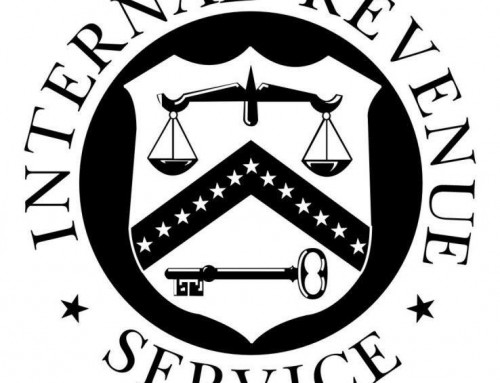An employee must include personal use of an employer-provided automobile in gross income. If not reimbursed by the employee, the personal use of the automobile is a taxable fringe benefit.
The employee must include in income the FMV (fair market value) of the fringe benefit reduced by (1) the amount, if any, paid for the benefit, and (2) the amount specifically excluded from gross income by statute (i.e., the portion attributed to use in the employer’s business).
The value of the fringe benefit as current compensation is subject to FICA (for non-agricultural employees) and FUTA, and must be included in the employee’s W-2. However, it is not subject to federal income tax withholding if the employee is so notified.
Methods to value the fringe benefit:
- Annual Lease Valuation
- Vehicle Cents-per-Mile Valuation
- Commuting Valuation
- Special Commuting Rules
If your business provides automobiles to your employees, please consider contacting us to discuss your options.
Written by Mike Musson, CPA, Partner








Leave A Comment